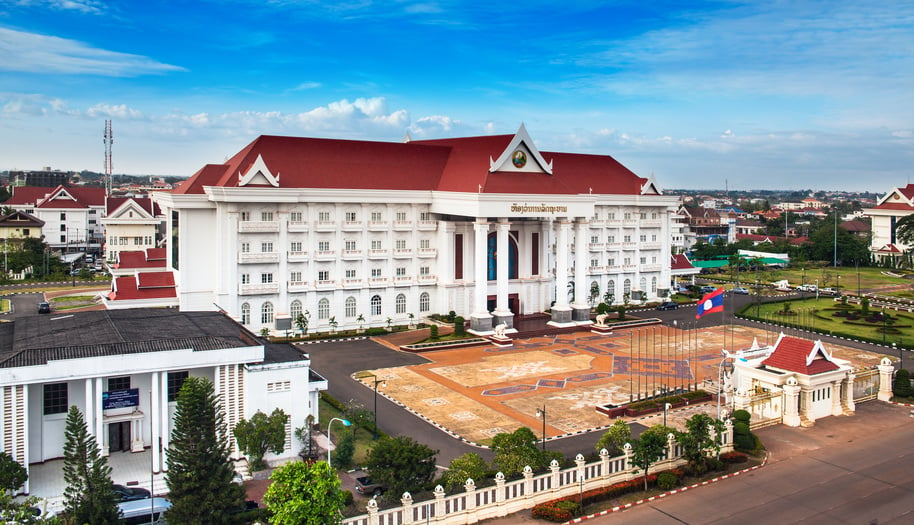The Entertainment Complex Policy Parliamentary Committee has considered and endorsed the draft Entertainment Complex Bill, B.E. (“Entertainment Complex Bill”), a concept initiated many years ago. The Entertainment Complex Bill aims to facilitate the establishment of entertainment complexes that include casinos. This has been passed to the House of Representatives in March 2024.
On 12 March 2024, the Cabinet approved in principle the draft Alcoholic Beverage Control Act (No..), B.E. (“New Alcoholic Beverage Bill”) as proposed by the Ministry of Public Health. The New Alcoholic Beverage Bill has now been forwarded to the Office of the Council of State for further consideration.
Advertising is a great way for business operators to connect with consumers, and advertisers today are able to reach more customers than ever before through the use of various media and channels (e.g., electronic, social media, brochures, newspaper advertising and TV advertising). In response to this, the Office of the Consumer Protection Board has deemed it necessary to step up its efforts to protect consumers. This article discusses the potential regulatory development that business operators should be aware of concerning the use of advertising that presents unsubstantiated claims or statements that are difficult to prove true.
At present, certain promotional activities (e.g., sweepstakes, raffle games or random premiums) are subject to the Gambling Act, B.E. 2478 (1935), which require the business operator to get permission from the Department of Provincial Administration. The Gambling Act regulates all sweepstakes activities with a strict and complicated permission system. The Office of the Council of State has now updated the requirements under the Gambling Act by passing the Bill on Sweepstakes Activities in the Course of Business or Occupation to reduce the strict procedures and difficulties for business operators in arranging these promotional activities.
In this article, we will discuss the obligations of business operators to report transactions that meet the monetary thresholds set by the Anti-Money Laundering Office or where there are any suspicious transactions as stipulated under the Act.
In our previous article (link), we pointed out that, in addition to businesses in the financial sector, certain other businesses also have obligations under the Money Laundering Control Act, B.E. 2542 (1999).
In our previous newsletters, we explored the first two key legal obligations of non-financial businesses under the Money Laundering Control Act, B.E. 2542 (1999): reporting obligations and know-your-customer (KYC) and customer due diligence (CDD) procedures. In this article we will discuss the third and fourth key legal obligations: implementing internal policies and procedures to address the risk of money laundering, and coordinating with the Anti-Money Laundering Office (AMLO) to provide training for personnel.
This episode goes over the final four fundamental elements of the National Anti-Corruption Commission’s guidelines. These elements are: personnel should have accurate books and accounting records, human resource management policies complementary to anti-bribery measures, companies should have communication mechanisms that encourage the reporting of the suspicion of bribery (whistleblowing), and companies need to review and evaluate anti-bribery prevention measures and their effectiveness.
This episode goes over the first two fundamental elements of the National Anti-Corruption Commission’s guidelines. The first guidance is where companies’ internal control measures should be strong, visible policies and supported by top-level management to prevent bribery. The second guidance is that companies should conduct risk assessments to effectively identify and evaluate exposure to bribery to government officials.




